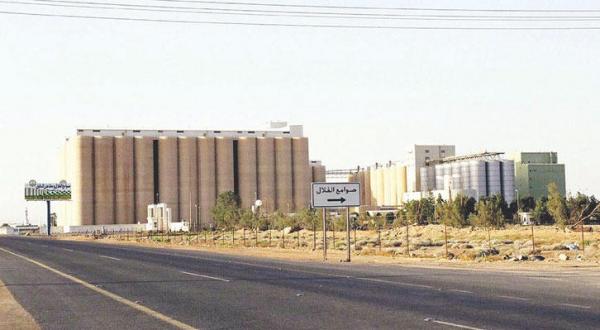Jeddah- SAGO, Saudi Grains Organization, and the Public Investment Fund (P I F) are currently studying the timeline plan on sector privatization. Mechanisms on sector privatization by private sector companies in partnership with specialized food industry establishments are also being studied.
SAGO Director General Eng. Ahmad Al-Fares told Asharq Al-Awsat that collaboration with the PIF is being run to finalize the measures required on setting a timeline convenient to the process of privatization.
Procedures are in line with the completion of the decision on privatization. First there will be the proposition of four companies delegated for legislation, development, and monitoring the sector by integrating the private sector in the opportune result of final products. Al-Fares emphasized that the decision will enhance performance and monitoring potency within the institution.
The Saudi government had already approved restructuring the regulating administration of SAGO to meet the newly-adopted reform plans; thus, electing a method best aligned with supporting partnership with the private sector. The range of sector benefit will be evaluated from the recent experience to create further chances for other companies to join whenever market demands expand.
The decision is aimed at raising the quality of service and increase competitive capacity while preserving final product price range. Investment in the primary sector responsible for bread products is estimated to exceed 3 billion Saudi Riyals (800 million dollars). Medium to small bakeries share the greatest slice of the market given they are linked to day-to-day supply production.
The Council of Economic and Development Affairs approved SAGO company shares’ availability for the private sector in context of competition.
SAGO had accomplished three new projects in three different Saudi cities, one of which was the establishment of a 600 ton mill, in addition to the expansion of silos (pits for grain storage) in both Jeddah and Dammam. The expansion hit the markers of 140 thousand tons in both cities, thus increasing storage capacity to reach 3.2 million tons. Mills now hold a rate of 14.430 tons of daily wheat production, of which results over 75 million flour packs in yearly production.
The primary dependent market of bread products is considered one of the most prominent in the Middle East, which is why branching out and cooperating with world wheat importing companies is vital, but not to at the cost of quality.

